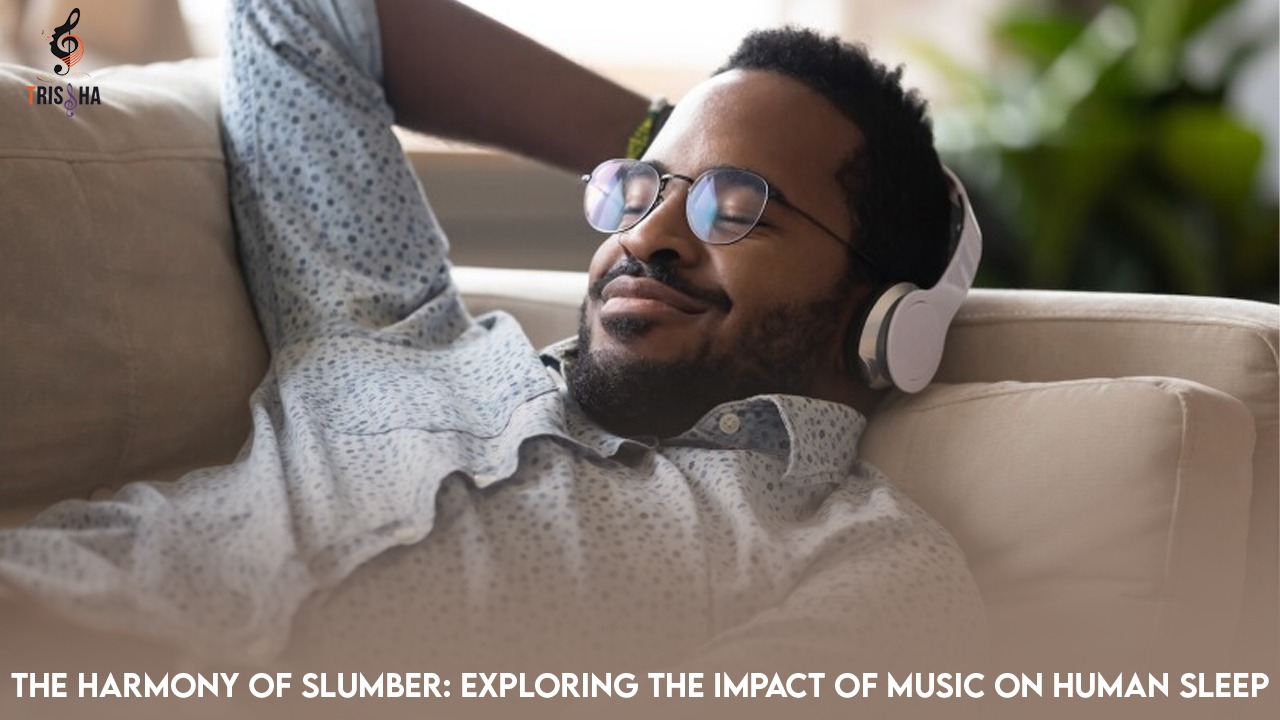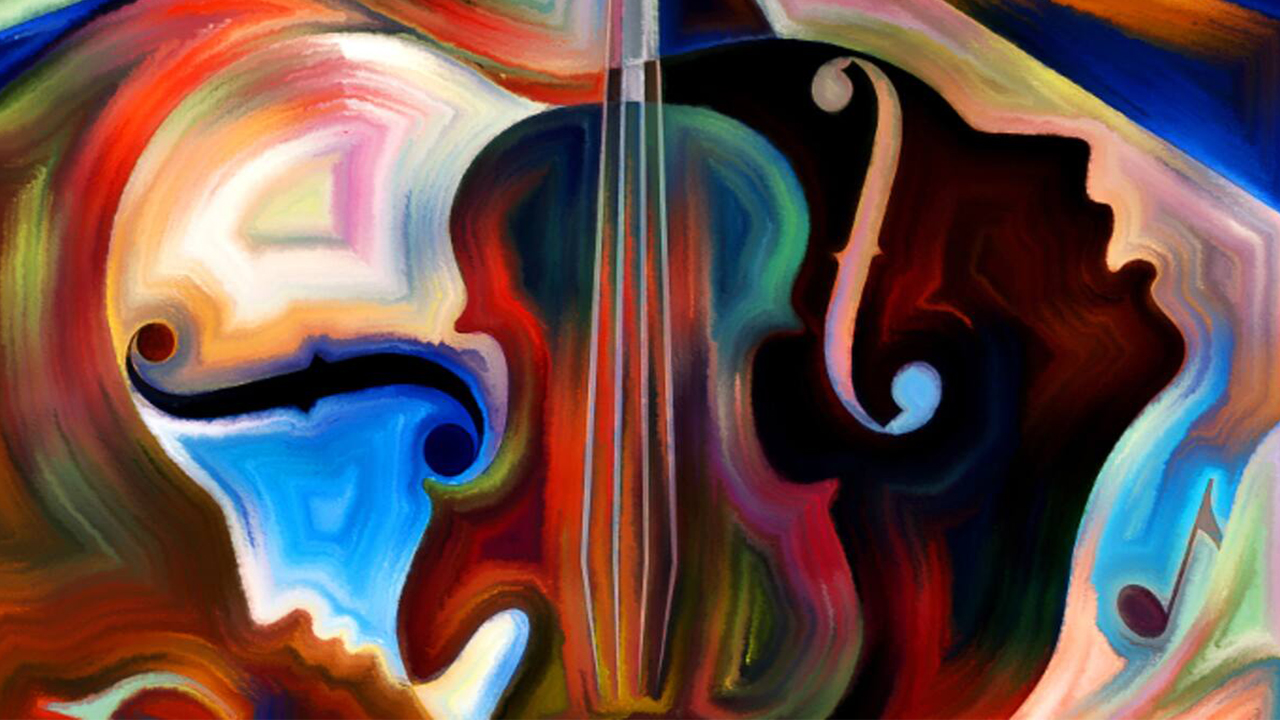The Harmony of Slumber: Exploring the Impact of Music on Human Sleep
Introduction:
Sleep, that elusive yet essential companion to our daily lives, is often influenced by a multitude of factors. Among these, music stands out as a powerful ally in the quest for restful slumber. From ancient lullabies to modern compositions, music has been intertwined with the human sleep experience for millennia. But what exactly is the impact of music on our sleep patterns and quality? Let’s dive into the rhythms and melodies that can soothe our minds and bodies into a peaceful night’s rest.
The Science Behind Music and Sleep:
Numerous studies have delved into the relationship between music and sleep, uncovering intriguing findings along the way. One key aspect is the ability of music to modulate our physiological responses, such as heart rate, breathing, and even brainwave activity. Slow-tempo music with gentle melodies has been shown to synchronize with the body’s natural rhythms, promoting relaxation and easing the transition into sleep stages.
Moreover, music has the remarkable ability to reduce levels of cortisol, the stress hormone, while increasing the production of serotonin, the “feel-good” neurotransmitter. This dual effect can create an optimal environment for falling asleep more easily and enjoying deeper, more restorative rest throughout the night.
Types of Music for Better Sleep:
Not all music is created equal when it comes to sleep enhancement. Certain genres and compositions are particularly well-suited for inducing relaxation and facilitating sleep onset. Classical music, with its tranquil melodies and harmonious structure, is a perennial favorite among sleep enthusiasts. Pieces by composers such as Mozart, Debussy, and Chopin are often recommended for their calming effects on the mind and body.
Similarly, ambient music, characterized by its atmospheric textures and minimalistic approach, can create a serene sonic landscape conducive to sleep. Nature sounds, such as rainfall, ocean waves, or chirping birds, can also mimic the soothing environment of the outdoors, promoting a sense of tranquility and inner peace.
Personal Preference and Individual Variation:
While scientific research provides valuable insights into the general effects of music on sleep, it’s important to recognize that individual preferences play a significant role in the equation. What relaxes one person may not have the same effect on another. Some individuals may find solace in the gentle strumming of a guitar, while others may prefer the ethereal sounds of a choir.
Experimentation and self-discovery are key components of finding the perfect musical accompaniment to your sleep routine. Whether it’s classical, ambient, jazz, or even white noise, the right soundtrack can transform your bedtime ritual into a harmonious journey towards restful sleep.
Practical Tips for Incorporating Music into Your Sleep Routine:
- Create a dedicated sleep playlist featuring your favorite calming tracks.
- Set a timer to ensure that the music fades out gradually as you drift off to sleep.
- Invest in high-quality headphones or speakers for optimal sound reproduction.
- Experiment with different genres and styles to find what works best for you.
- Practice mindful listening, focusing on the music’s textures and melodies as you prepare for sleep.
Conclusion:
In the symphony of sleep, music plays a profound and multifaceted role, shaping our nightly experience in ways both subtle and profound. From its ability to modulate our physiological responses to its capacity for emotional resonance, music has the power to transform our sleep from restless to restorative. By embracing the right melodies and rhythms, we can orchestrate a bedtime ritual that soothes the mind, calms the body, and guides us gently into the embrace of slumber’s sweet embrace.







There are no comments